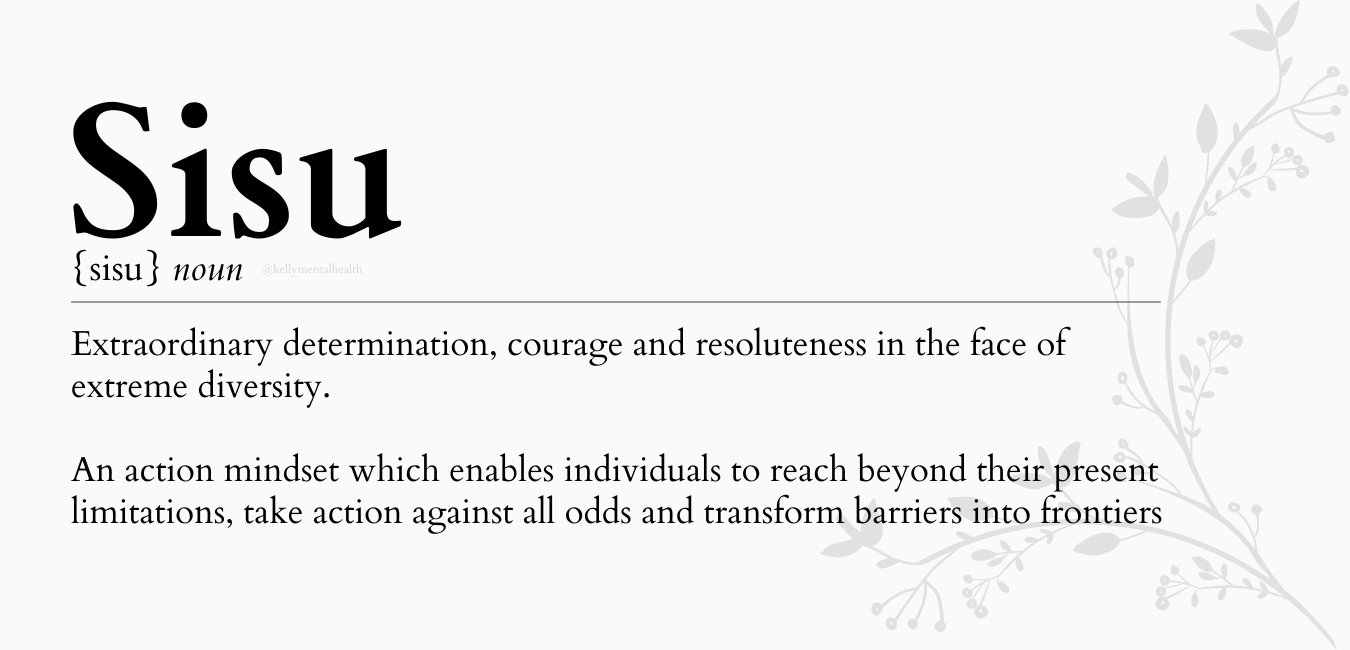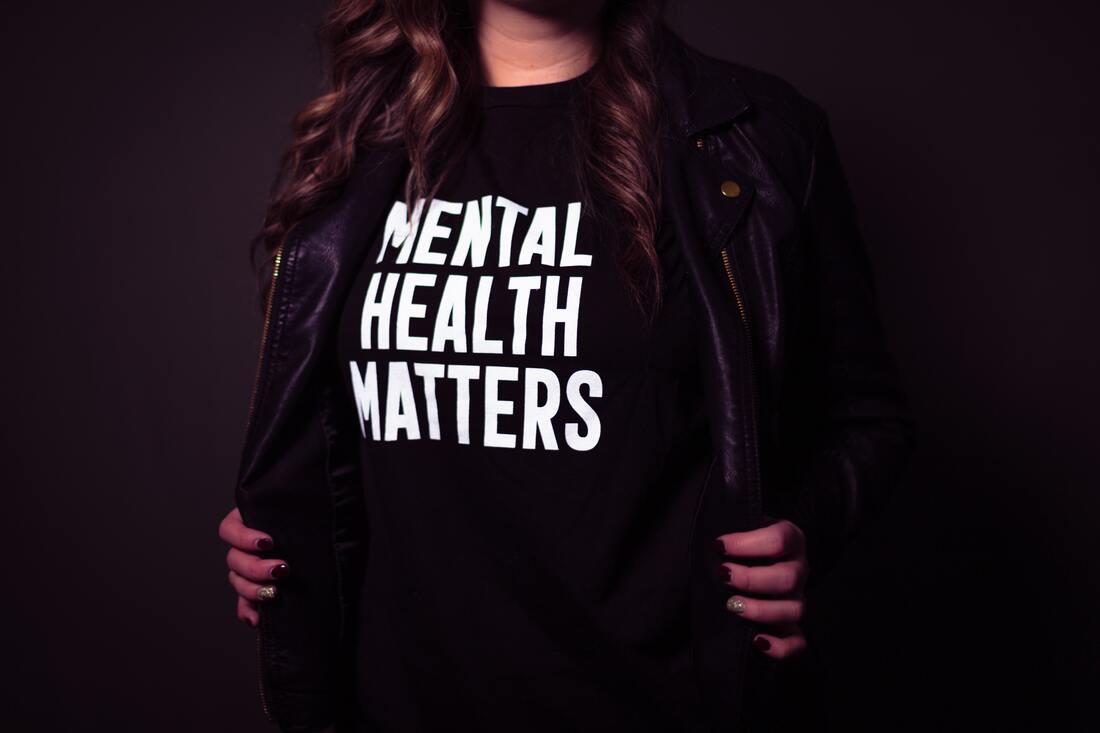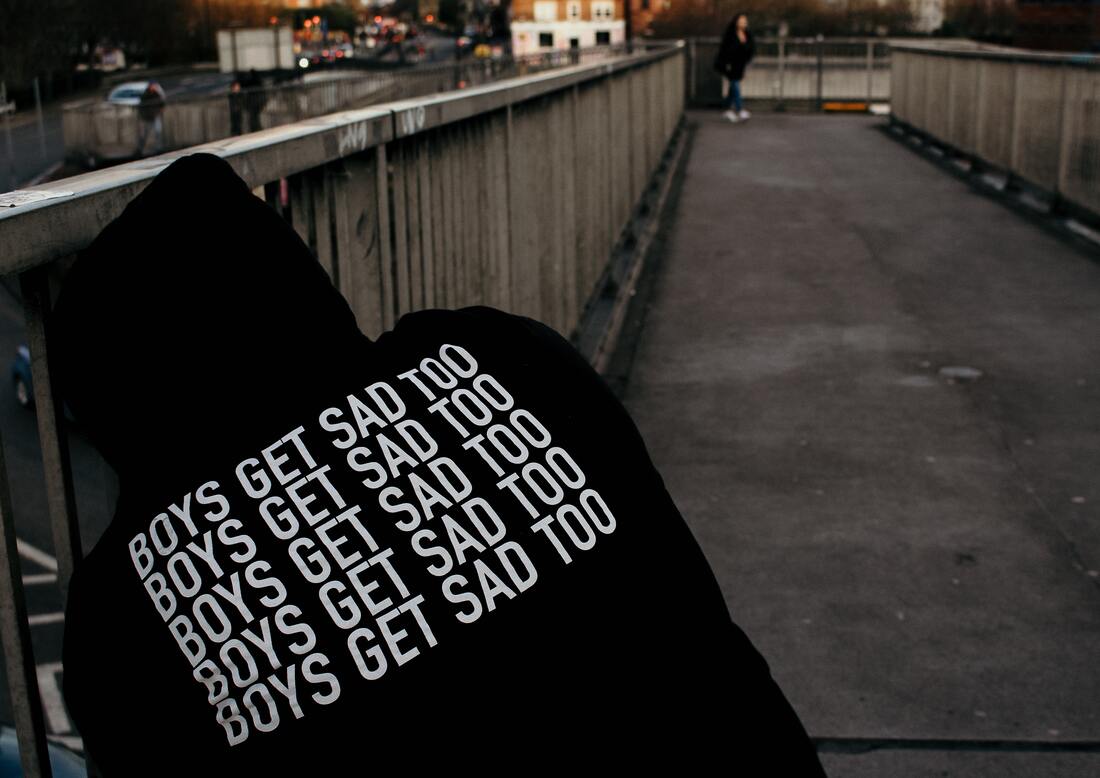|
Why is vulnerability important? Vulnerability allows us to share our feelings and emotions, our experiences, as well as our mistakes, to improve self-awareness and to practice accountability.
When I used to hear “emotional manipulation,” I’d usually think of a five-letter word that I despise - abuse. Four years later – I now think of myself.
Sisu is a term that I have heard used many times in my life and that I have even seen commonly tattooed on many bodies in the Thunder Bay area. Just what does Sisu mean? And what can it tell us about resiliency and happiness?
We all have had that conversation with a friend, partner, or family member, that gets escalated before we know it. Often this can lead to an exchange of words spewed out of anger that people can regret. So, what can you do to stop it before it reaches this point? I’m going to share with you a few tips for keeping anger from taking over the conversation.
Often couples evaluate their relationship based upon how much they fight. When they are not fighting, things must be going well and when they are fighting, things must NOT be going well within their relationship. It is a myth that healthy couples do not fight or do not fight often.
Let's face it, raising kids can be a challenge in the best of times. Throw in a global pandemic which brings with it economic impacts, anxiety over the spread of illness, and the isolation that has accompanied the lockdown restrictions and closures, and you have challenges for which the impact on youth and their caregivers is far reaching and not yet fully understood.
Important Note: The following has been written as an opinion related to current events and does not necessarily represent the views of Kelly Magazine, Kelly Mental Health, or related entities. As an opinion, it can also be wrong, and that’s okay. It’s meant to be helpful, thoughtful, and hopeful. This writer is open to criticism and education at any time, as long as it helps make our world a little better As a rule, I don't like jumping on trends in the media. I've been around long enough to see that hashtagging, hanging decals and signs, or making poignant posts are all well-intentioned. But eventually the posts fade, our collective attention span shifts, and the decals lose their charm so someone has to scrape them off into the garbage since we're all onto something new.
For some the opportunity to work from home has been a glorious and welcomed change, while for others this change has been difficult and the wait to return to “normal” cannot come fast enough. While there are many work environments and workplace needs, there are some things that can help make the “new normal” more manageable.
Where possible, things to consider when working from home: Pandemic Fatigue is not just tiredness or exhaustion. It’s feeling demotivated and depleted about following recommended guidelines to protect yourself and others from the virus.
Now it is more important than ever to engage in self-care! During a pandemic it is necessary to care for yourself, before you can help others. Getting back to the basics is important.
One main Canadian stereotype is people saying sorry all of the time.
It may even become annoying; saying or hearing the word “sorry” so often. Most people say it to be polite, but others do it because of personal issues from their past, perhaps a past that makes them feel they have to please everyone all the time and avoid conflict at all costs. These people tend to take the blame for everything as a way of keeping the peace. It is well known that trauma can impact a person mentally and emotionally. However, what is less talked about is the physical impact trauma can have. Trauma can manifest itself in our body and can even be triggered by touch.
It has been a popular trend on social media about how to ruthlessly cut out and eliminate toxic people, suggesting that this toxic person is a poison that needs to be eradicated from our lives altogether. While I have considered the idea and have somewhat enjoyed the idea of living free from guilt or shame in not having a person in my life who has hurt me, something about this just does not feel right. Do you ever wonder that by cutting toxic people out of your life, whether you have become a little toxic yourself?
You often see it in movies, the main character is going through a breakup and listens to sad music as they cry into a pillow on their couch. You probably do this too. Whenever you’re feeling sad or down about something, you may listen to music that is also sad or slow. So why do we do this? Wouldn’t this just make us sadder? Yes and no.
In any relationship it is important to consider how open and transparent you may want to be within that relationship. Sometimes there are expectations that I will be open with you if you are open with me, or if I am open with you, then you ought to be open with me, as if this is some kind of mutual exchange of goods.
Women are all too familiar with the symptoms that their menstrual cycle can bring. Often people joke about women being “too sensitive” or “crazy” when it is their time of the month. However, many people can fail to realize just how this can affect a woman’s mental and physical health.
Yes! But... is a phrase I hear often. When I hear somebody saying this, especially in counselling, the message I am taking on is this: I hear you and what you’re saying makes sense, but here are the reasons why I cannot take on that perspective myself, followed by that person sharing unbalanced thought patterns and/or barriers to seeing another perspective.
Do you ever wonder why some people develop an addiction while others do not?
Like many other women out there, I have a love-hate relationship with my body. Sometimes I love it, but the majority of the time there is something I want to change about it. Even though we logically know that the expectations society puts on us are unrealistic, we still feel the need to try and live up to them.
There are a number of different modalities or types of counselling and therapy. Here is information on some common types.
This phrase, so commonly uttered during therapy sessions can represent weeks, months and even years of misery for some.
Men’s mental health in the workplace is a difficult and sensitive topic to address.
|
|
OverviewNWO’s source for all things relationships, mental health, wellness, lifestyle, and pandemic support. Kelly Magazine is a mental health outreach initiative created by Kelly Mental Health and supported by Kelly Mental Health Foundation, a non-profit organization dedicated to improving the community in the area of mental health.
|
Magazine |
Follow Us |
In support of @kellymentalhealthfndn |
© COPYRIGHT. ALL RIGHTS RESERVED. WEB DESIGN BY KMH




























